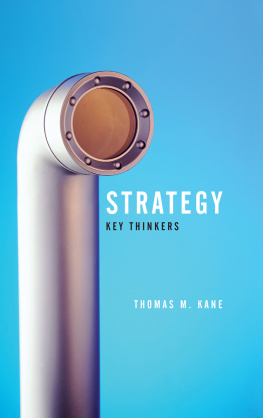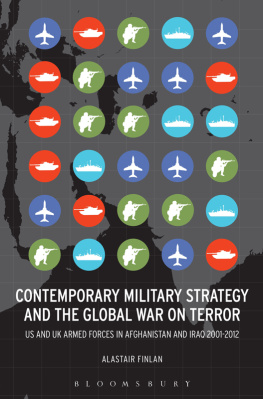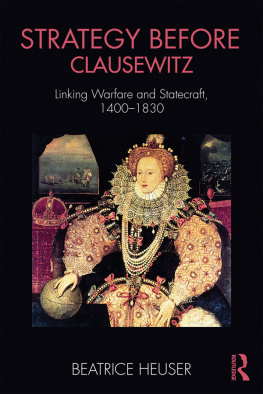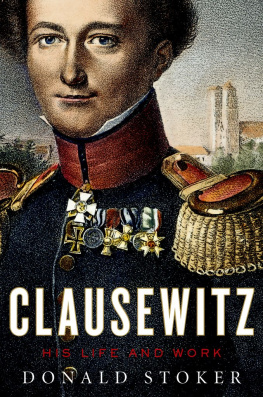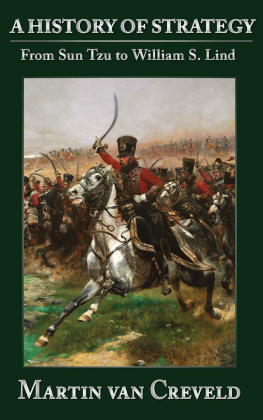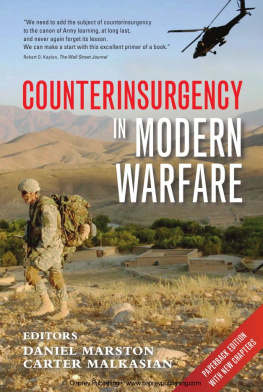Table of Contents
Copyright Thomas M. Kane 2013
The right of Thomas M. Kane to be identified as Author of this Work has been asserted in accordance with the UK Copyright, Designs and Patents Act 1988.
First published in 2013 by Polity Press
Polity Press
65 Bridge Street
Cambridge CB2 1UR, UK
Polity Press
350 Main Street
Malden, MA 02148, USA
All rights reserved. Except for the quotation of short passages for the purpose of criticism and review, no part of this publication may be reproduced, stored in a retrieval system, or transmitted, in any form or by any means, electronic, mechanical, photocopying, recording or otherwise, without the prior permission of the publisher.
ISBN-13: 978-0-7456-4353-3
ISBN-13: 978-0-7456-4354-0(pb)
ISBN-13: 978-0-7456-7232-8(epub)
ISBN-13: 978-0-7456-7234-2(mobi)
A catalogue record for this book is available from the British Library.
The publisher has used its best endeavours to ensure that the URLs for external websites referred to in this book are correct and active at the time of going to press. However, the publisher has no responsibility for the websites and can make no guarantee that a site will remain live or that the content is or will remain appropriate.
Every effort has been made to trace all copyright holders, but if any have been inadvertently overlooked the publisher will be pleased to include any necessary credits in any subsequent reprint or edition.
For further information on Polity, visit our website: www.politybooks.com
To Cindy Brophy, her husband Patric and their children. True Christian neighbours
Acknowledgements
One of the most rewarding things about publishing a book is having the opportunity to say thank you. As I have worked on Strategy: Key Thinkers , a variety of people in a variety of roles have offered me invaluable understanding and help. I draw special attention to Heather Currey, Scott Edmunds, Jay Jansen, David Oliver, Shawn McBurnie, Kate Whyte, Debra Wilkinson and Professor Rudiger Wurzel, all of whom have supported me at critical moments, and each of whom, in one capacity or another, has listened to my story. I would also mention my editors Dr Louise Knight, Pascal Porcheron and David Winters at Polity, both for their professional skill and for their collegial spirit.
I also thank my colleagues Dr Matthew Ford and Dr David Lonsdale for their advice on scholarly matters.
Introduction: Bringing Strategy to Life
The reasons why strategy matters are stark. We live in a world in which others are willing to kill us. Moreover, all of us cherish goals which have the potential to involve us in conflict. These goals may be as visceral as the drive to live and protect our families or they may be as intellectual as the mandates of a religion or political ideology, but few of us would choose to leave such aspirations hostage to the forbearance of our rivals, and most of us would be willing, under certain circumstances, to use force ourselves as a tool for advancing them. If we are to realize our hopes for any period of time, this will to fight for them is a logical necessity. Moralists throughout time have recognized it as conditionally honourable and just.
Securing one's goals through force is easier said than done. This is obvious for those who are weak, but true even for those who appear strong. Goliath has fallen so many times in the course of human history that political thinkers from Machiavelli to the contemporary international relations scholar Kenneth Waltz have taken it as axiomatic that those who rise are doomed to decline. Waltz adds that attempts to defy this principle will only bring on one's collapse all the sooner ( Waltz 2000: 368). If this proposition is true, even our moments of success are but precursors to failure, and all of our hopes are ultimately futile.
Nevertheless, with the will to fight for our goals comes the hope that our ingenuity will permit us to succeed in them, if not absolutely and eternally, at least satisfactorily and renewably. Without this hope, David would not have bothered. David, one may also recall, exchanged his sling for Goliath's mighty sword and went on to found a kingdom. Strategy is the skill which permits David to discern the uses of sling and sword alike, and to combine them for such purposes. This book aims to help readers understand this faculty, so that they might use and develop it.
The first step towards understanding anything is to clarify the concept which one wishes to grasp. The highly esteemed scholar Colin Gray has defined strategy as a bridge between military power and political goals ( Gray 1999a: 17, 2010: passim ). Edward Mead Earle might add that, even in the midst of war, an effective strategy must also connect one's goals with one's economic means, one's form of government, one's diplomatic relations, one's broader culture and an open-ended variety of similar considerations ( Earle 1943: viii) Rather than thinking of strategy as a bridge, we may wish to picture it as a busy airport terminal. Earle adds that strategy involves long-term efforts to secure future aspirations, as well as short-term attempts to achieve immediate ones, perhaps stretching such metaphors to absurdity.
This book will amalgamate Gray's and Earle's thoughts by defining strategy as people's efforts to take control of their political destiny. Since Goliath's physical strength does not seem sufficient for those purposes, this book will treat strategy as primarily a mental activity. Although strategic thinkers must pay attention to material factors such as the size of armies and the effects of weapons, they are primarily interested in the challenges of using military instruments effectively, not in the instruments themselves. This statement requires a caveat the fact that strategy is an intellectual endeavour may not mean that it is a coldly rational one. Carl von Clausewitz, perhaps the best-known strategic thinker of all time, reminded readers that the genius of a great general was not the genius of a great physicist, and that success in war depends on intangibles of will, charisma, experience and intuitive judgement, at least as often as it depends on logical analysis. With those points in mind, this book will focus on strategy as it pertains to states and other organized political communities, and on strategy in situations which involve a meaningful likelihood of violence. Accordingly, this book is primarily concerned with military strategy, although it does not limit itself narrowly to that.
Once one has defined the word strategy, one must ask how it works and how to practise it. There may be bodies of knowledge in which one can catalogue answers to such questions and trace the ways in which researchers have improved upon them over time. Strategy does not work like that. Although a physician can apply specific and widely recognized treatments to specific and widely recognized conditions with confidence that today's established methods are more reliable than earlier or poorly tested ones, a strategist would be foolish to take this approach.
Not only does strategy involve a far broader range of issues than medicine, the fact that strategists must pit their abilities against thinking opponents makes the techniques which are known to have worked in the past particularly un likely to succeed in the future. The pitfalls of attempting to fight the last war are proverbial. If one's enemies are competent, they will have studied previously successful methods as well and will be prepared to counter them. One student of this subject, Edward Luttwak, suggests that this paradox is the defining feature of strategy ( Luttwak 1987: 35). For these reasons and others, every wise strategic decision must involve an exceptionally large element of improvisation, even if the strategist ultimately concludes that, under his or her particular circumstances, the familiar approach actually is the most promising one.
Next page
